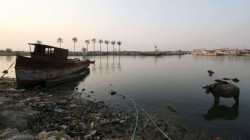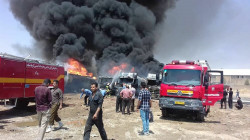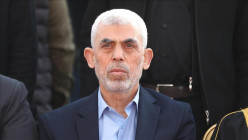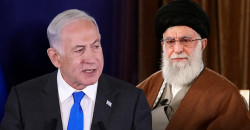Iran's Civil Defense Organization denies authenticity of text message campaign on water and food storage
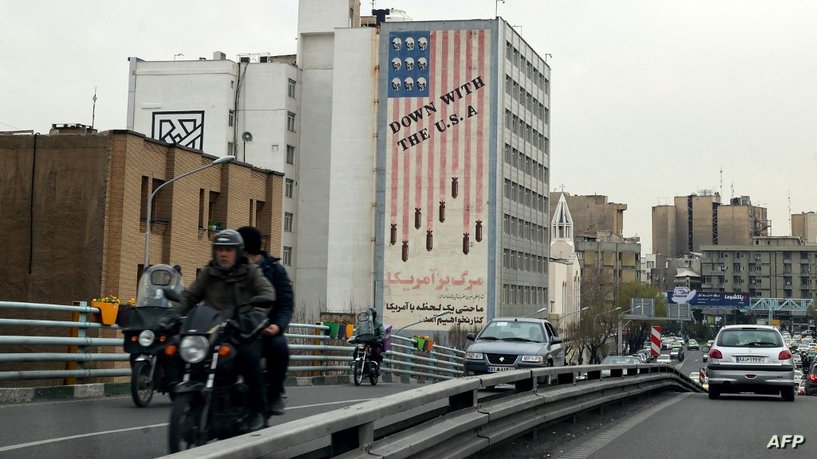
Shafaq News / The head of Iran's Civil Defense Organization Reza Jalali denied that citizens received text messages containing content about "storing drinking water and food."
Meanwhile, the website "Insaf News" stated that these messages are the result of a "hacking".
Jalali added that "the text message sent regarding water and food supply is fake and does not concern us. We will provide an official clarification soon."
He indicated that "one of the inactive commercial systems for sending bulk SMS messages, which is affiliated with the Civil Defense Organization, has been hacked, and we have identified the source of the breach."
This comes amid regional heightened tensions. Earlier today, the United States has redeployed two destroyers in the Middle East amid concerns of an anticipated Iranian attack on Israel.
According to The Wall Street Journal, "the US measures included the redeployment of two destroyers, with one already in the region and the other redirected there."
Earlier, CBS News quoted US officials as saying that Washington expected an Iranian attack on Friday, April 12th, utilizing over 100 drones and dozens of missiles against Israeli military targets.
Against the backdrop of potential escalation, the US reassures Israel of its unwavering support in facing any threats originating from Iran and its proxies.
Meanwhile, Israeli army chief General Herzi Halevi conducted a comprehensive assessment of the Israeli army's readiness in anticipation of a possible Iranian retaliation following the targeting of the Iranian consulate in Damascus.
Iran's supreme leader, Ayatollah Ali Khamenei, declared that Israel "must be punished and shall be" for an operation he deemed tantamount to an attack on Iranian soil.
On Friday, both Israeli Defence Minister Yoav Gallant and army chief General Herzi Halevi held meetings with the visiting head of US Central Command General Michael Kurilla to coordinate a potential response.
While Iranian sources and US diplomats signal Tehran's preference to avoid escalation, the risk of unintended consequences remains.
Raz Zimmt, a senior researcher at Israel's Institute for National Security Studies, asserted that "since Iran perceives the embassy attack as equivalent to an assault on its own territory, a direct Iranian attack on Israeli soil, rather than via proxies like Hezbollah in Lebanon, is a distinct possibility."
Iran possesses missiles capable of striking Israel directly, prompting Israel to bolster its air defenses in recent weeks.
Concurrently, Israel has recalled reservists and reinforced its northern border in anticipation of potential escalation, where it frequently exchanges fire with Hezbollah. Late on Friday, approximately 40 rocket launches were identified crossing into Israel from Lebanon, most of which were intercepted, while the rest landed in open areas without causing casualties.
Furthermore, the Israeli military has withdrawn most troops and armored vehicles from Gaza, a move possibly preceding a long-anticipated assault on the city of Rafah, believed to harbor thousands of Hamas fighters alongside over a million displaced Palestinians.
Amid these heightened tensions, Air France and Austrian Airlines have suspended flights to Iran, aligning with advisories from the French Ministry of Foreign Affairs cautioning against travel to Iran, Lebanon, Israel, and the Palestinian territories. Austrian Airlines, the last Western European carrier serving Iran, will halt flights until April 18th.
Both airlines are re-routing flights to avoid Iranian airspace, prioritizing passenger and crew safety.
Additionally, Israeli media has reported a halt in air traffic over Israel. Concerns have also prompted countries such as India, France, Poland, and Russia to warn their
